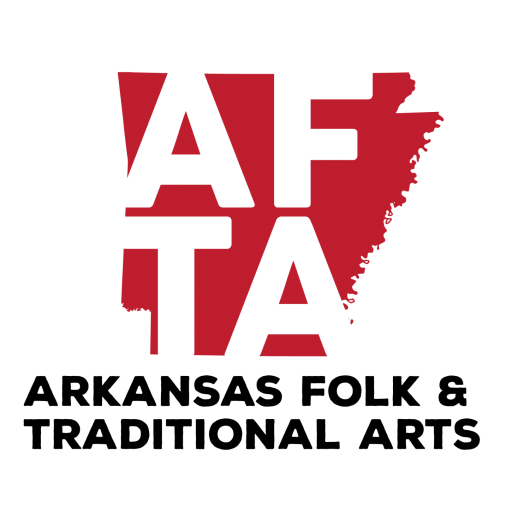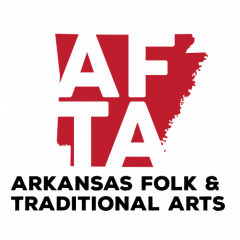AFTA Programs: Documentation Projects
Arkansas Folk and Traditional Arts partners with individuals and organizations across the State of Arkansas to conduct fieldwork and develop oral history projects documenting Arkansas’ varied and diverse cultural traditions.
If you are interested in learning more about AFTA’s approach to defining and identifying folk and traditional arts, check out our past blog article on the topic. In general, AFTA is interested in projects that center on traditions that have an artful/skillful component and are:
Rooted in Communities
Traditional arts exist in communities, which can include families, geographic regions, religious groups, clubs, schools, and more. Folklorists call these different communities “folk groups.”
Learned in Communities
Traditional arts are passed down and learned between members of communities, though new generations may add their unique twist to the tradition. Those individuals who practice and share their traditions are called “tradition-bearers.”
New and Emerging
This is not to mean that all traditions are new, but to emphasize that the age of a tradition is not necessarily the important part of a traditional art form. Traditions evolve and change. Communities create new traditions all the time, including new foods, events, festivals, sayings, jokes, rituals, and more.
Diverse Yet Universal
Many communities thrive across the State of Arkansas, yet all have their own traditions and traditional arts that are a part of the unique heritage and story of Arkansas. The key to this idea of “universality” is not that specific traditional art forms are universal, but that all communities have and share traditions.
AFTA has documented traditional musicians, makers, gamers, newcomer communities, and more. You can explore AFTA’s more formalized oral history projects below:




